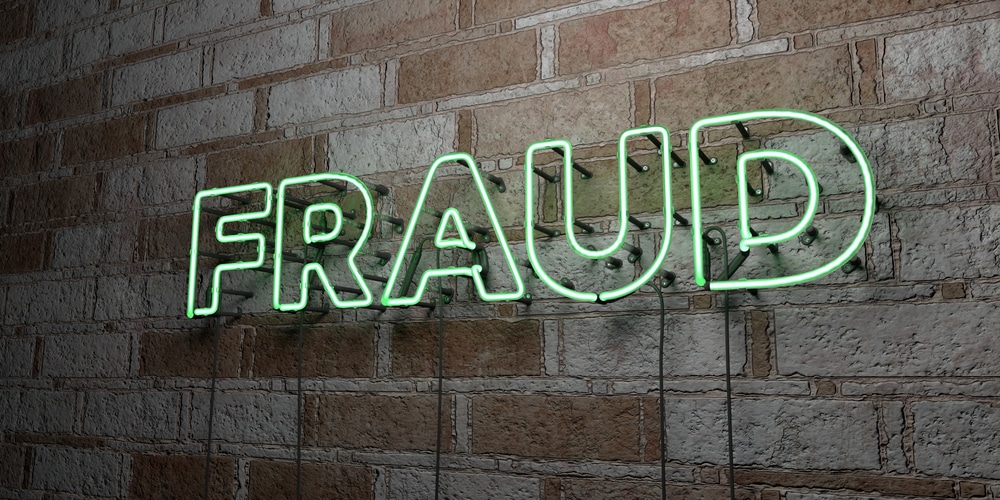
If you’re somewhat new to the forex market, it can be an overwhelming place. Being subject to relatively loose regulations, it is a vast, confusing labyrinth with a daily trading volume – options and currency futures accounted for – of upwards of $5 trillion.
As with any largely unfettered marketplace, there are opportunistic actors lurking in the shadows, eager to take advantage of those unfamiliar with the ins and outs of forex trading. It is possible to see a substantial return in a short amount of time while trading forex, but it is also essential to be wary of anything that seems too good to be true. You might think you’ve struck lucky by stumbling across an unlikely bargain, but that could easily be your undoing. Here’s a breakdown of how you can avoid being the victim of fraud in the forex market.
Know what you’re getting yourself into
As is the case with any type of trading, wading unprepared into the forex market does involve an element of risk. You may have seen reports on mainstream media that characterise all forex trading as being subject to fraud. That is mainly because novice traders have fallen for a scheme and are quick to use someone else’s “get rich quick” toolkit. That certainly does happen, but if you’re smart and careful about how you trade, there is no reason why you should fall victim to these scams. The reason that guides like AM Broker review exist is to help you sort the good guys from the bad. Don’t be shy about scrutinising everything you read and pay attention to your gut instinct.
Start small
Like many other types of fraud, forex fraud is most effective on those who know little about the market. If you jump in with both feet without understanding what you are doing, you’re leaving yourself vulnerable and are just asking to be exploited. How do you gain experience? Well, luckily, the market has developed to help you climb the learning curve without putting yourself at significant risk. You can access demo accounts that allow you to practice trading in a simulated environment. From there, you can graduate to micro accounts that provide minimal risk under less challenging conditions. Once you’ve had a chance to acquaint yourself with how things work, you’ll have the know-how and confidence you need to take on a standard account.
How to spot a fraud
Another vital tool to arm yourself with to avoid fraud is knowledge of some of the most common packages in which it presents itself. Number one; be wary of any forex sites that are populated with language claiming they will reveal secrets, make you instantly rich, or provide you with fool-proof trading methods. We don’t expect miracle solutions to work in any other aspect of our lives, and the forex market is no exception. You should also be careful about buying any software that promises enormous returns; these are often fraudulent operations. Apply the same standards for phoney marketing gimmicks that you would anywhere else. It can be tempting when someone is seemingly offering you easy money, but proceed with caution and remember that it’s better to be safe than sorry.